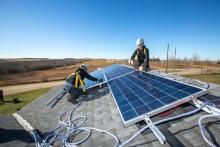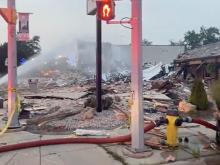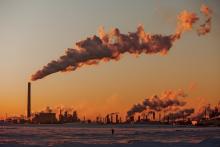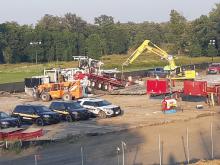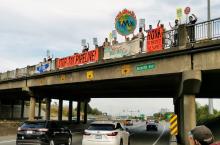August 31st 2021
As Canada approaches the halfway point in the federal election, the Fairy Creek protests over old-growth logging on Vancouver Island are quickly becoming the face of a much broader conflict between environmental goals and economic forces.
The protests at Fairy Creek are on track to become the largest act of civil disobedience in Canadian history, surpassing the Clayoquot protests, sometimes called the War in the Woods.


